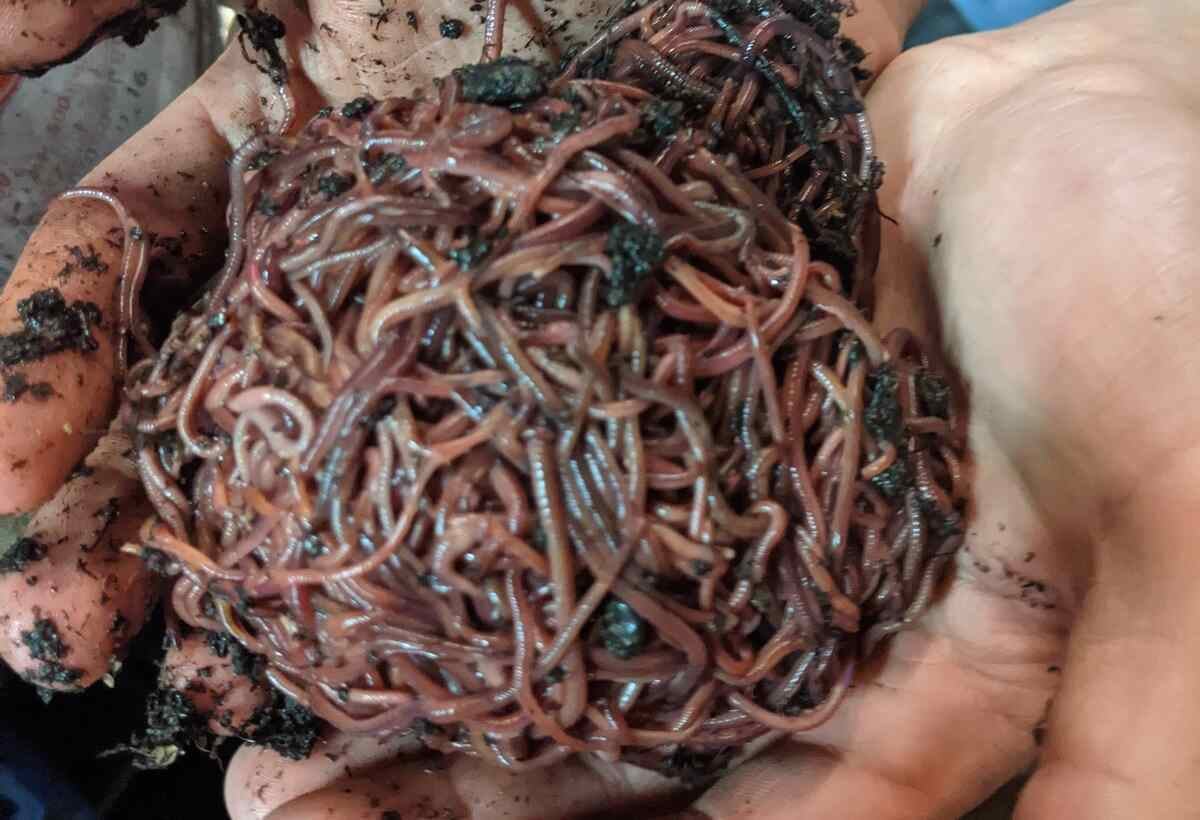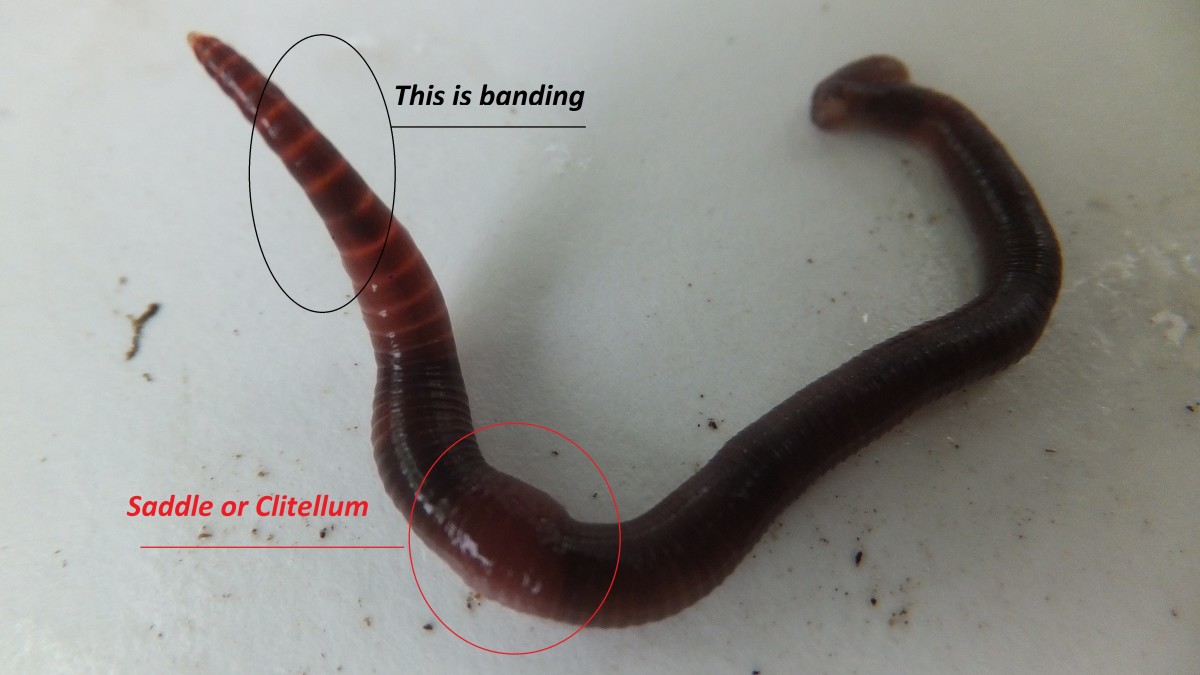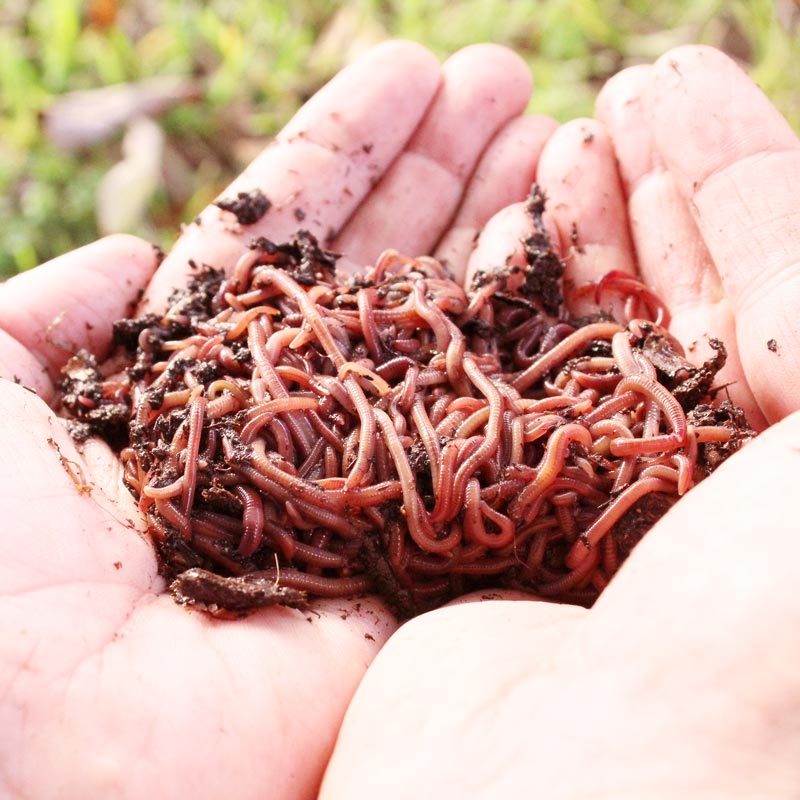Premium High Quality Red Wiggler Worms - Enhance Your Garden's Fertility
Red Wiggler Worms Demystified: Unlocking the Tricks of Vermiculture for Greener Living and Nutrient-Rich Soil
In the realm of lasting practices for enhancing soil quality and advertising eco-conscious living, red wiggler worms play a critical yet frequently ignored function. These simple creatures have the remarkable capability to change natural waste into nutrient-rich castings that act as a powerful all-natural plant food. By delving right into the globe of vermiculture, one can uncover a variety of benefits that extend far past typical composting techniques. Recognizing the complexities of taking care of these worms, maximizing their setting, and harnessing their spreadings can bring about a greener lifestyle and healthier soil for plants to grow.
The Role of Red Wiggler Worms
Red Wiggler worms play an essential role in composting systems by effectively breaking down organic matter right into nutrient-rich spreadings. These voracious eaters eat a range of natural materials, such as cooking area scraps, yard waste, and paper items. As they feed, the worms' digestive procedures damage down the organic matter right into a fine, dark, and nutrient-dense material recognized as worm spreadings or vermicompost.
The spreadings generated by Red Wiggler worms are extremely helpful for dirt wellness and plant growth. They are rich in necessary nutrients like potassium, phosphorus, and nitrogen, which are vital for sustaining healthy and balanced plant development. In addition, worm spreadings have valuable microorganisms and enzymes that aid boost soil structure, increase water retention, and boost nutrient uptake by plants.
Benefits of Vermicomposting

Additionally, vermicompost, the nutrient-rich final product of vermicomposting, functions as an exceptional natural plant food and dirt conditioner. It enhances dirt structure, boosts soil oygenation, and enhances soil dampness retention. These homes contribute to healthier plants with more powerful origin systems and much better resistance to parasites and diseases. Vermicompost additionally improves the dirt with crucial nutrients like potassium, nitrogen, and phosphorus, advertising plant growth and overall dirt fertility.
Additionally, vermicomposting assistances sustainable horticulture practices by offering a all-natural and chemical-free option to artificial fertilizers. Red Wiggler Worms. This eco pleasant approach not only enriches the soil but likewise helps in reducing dependence on damaging chemicals, advertising a greener and much more lasting method of gardening
Establishing a Worm Bin
When establishing a worm bin for vermicomposting, correct arrangement is critical to ensure the success of the composting process. The initial step in site web setting up a worm container is picking an ideal container.
After adding the bed linen, present the red wiggler worms to the container. It is advised to start with a tiny number of worms and gradually increase as they multiply. The worms should then be supplied with food scraps such as fruit and vegetable peels, coffee premises, and eggshells. It is vital to avoid including meat, dairy products, oily, or salty foods to protect against drawing in pests and producing undesirable smells.
Consistently check the moisture degrees and temperature in the worm container to make certain optimal conditions for the worms. With correct configuration and upkeep, the worm container will successfully transform natural waste into nutrient-rich compost for your plants and yard.
Collecting Worm Spreadings
To successfully gather nutrient-rich worm castings from your vermicomposting system, an organized harvesting approach is important. When it comes time to collect the worm castings, there are a few vital actions to comply with to guarantee a successful process.

Troubleshooting Common Issues
Recognizing and resolving typical challenges that might occur throughout the vermicomposting procedure is critical for keeping a effective and healthy and balanced worm bin. One usual issue that vermicomposters encounter is overfeeding. Including excess food scraps can lead to a build-up of dampness and level of acidity in the worm bin, possibly hurting the worms. To prevent this, feed the worms in moderation, guaranteeing that the food scraps are properly damaged down before including a lot more. An additional problem is unpleasant odors originating from the worm container. Foul smells indicate anaerobic problems, typically brought on by overwatering or poor ventilation. To treat this, change the moisture degrees by adding completely dry bed linen materials like shredded newspaper or cardboard and boost try this oygenation by turning the bed linens frequently.
Furthermore, if the worm population is declining or the worms appear unhealthy, maybe go because of environmental stressors such as extreme temperature levels or pH levels. Keeping an eye on these elements and making required modifications is vital for the wellness of the worms. By repairing these usual issues immediately, vermicomposters can ensure a smooth and successful vermicomposting procedure while maintaining a thriving worm populace.

Conclusion
In conclusion, red wiggler worms play an important role in vermiculture by damaging down organic issue into nutrient-rich dirt. Establishing up a worm bin is crucial for successful vermiculture, and collecting worm spreadings gives valuable garden compost for horticulture.
As they feed, the worms' gastrointestinal processes damage down the organic issue into a penalty, dark, and nutrient-dense material recognized as worm spreadings or vermicompost.
The spreadings created by Red Wiggler worms are highly helpful for dirt health and wellness and plant growth. Adding excess food scraps can lead to a build-up of wetness and level of acidity in the worm container, potentially harming the worms.Additionally, if the worm populace is decreasing or the worms show up undesirable, it could be due to ecological stressors such as extreme temperature levels or pH degrees. Establishing up a worm container is important for effective vermiculture, and gathering worm spreadings gives valuable garden compost for horticulture.